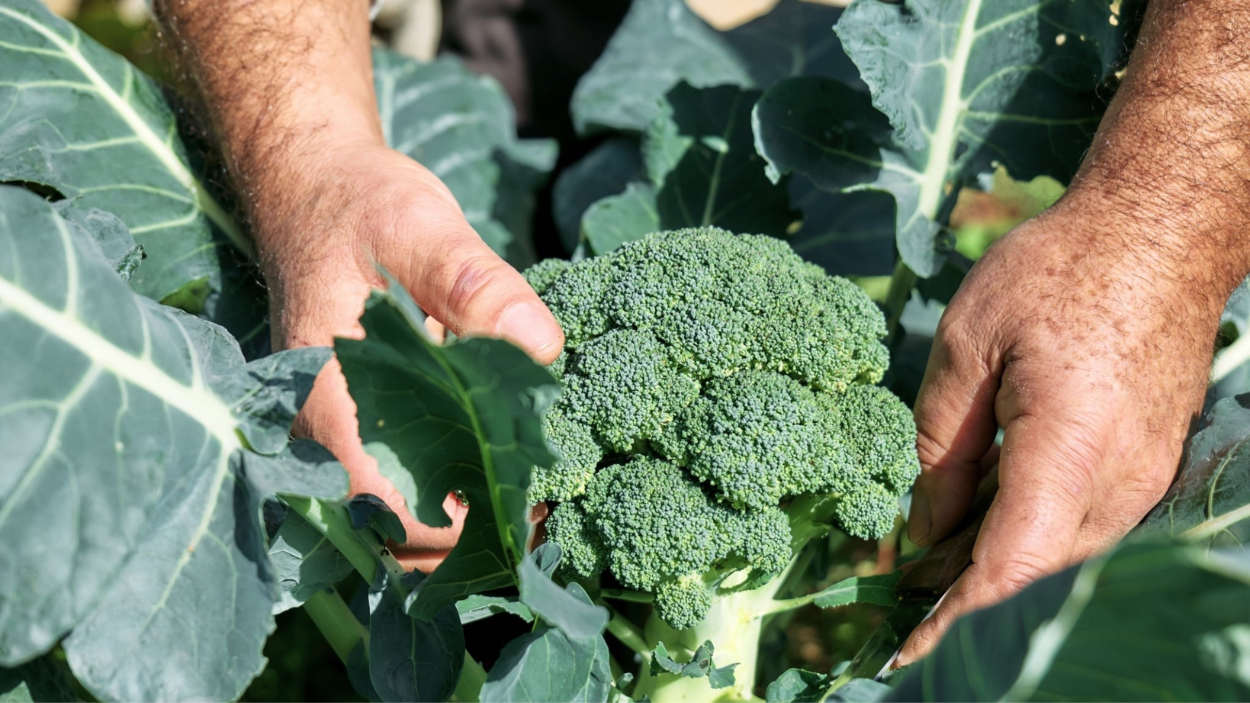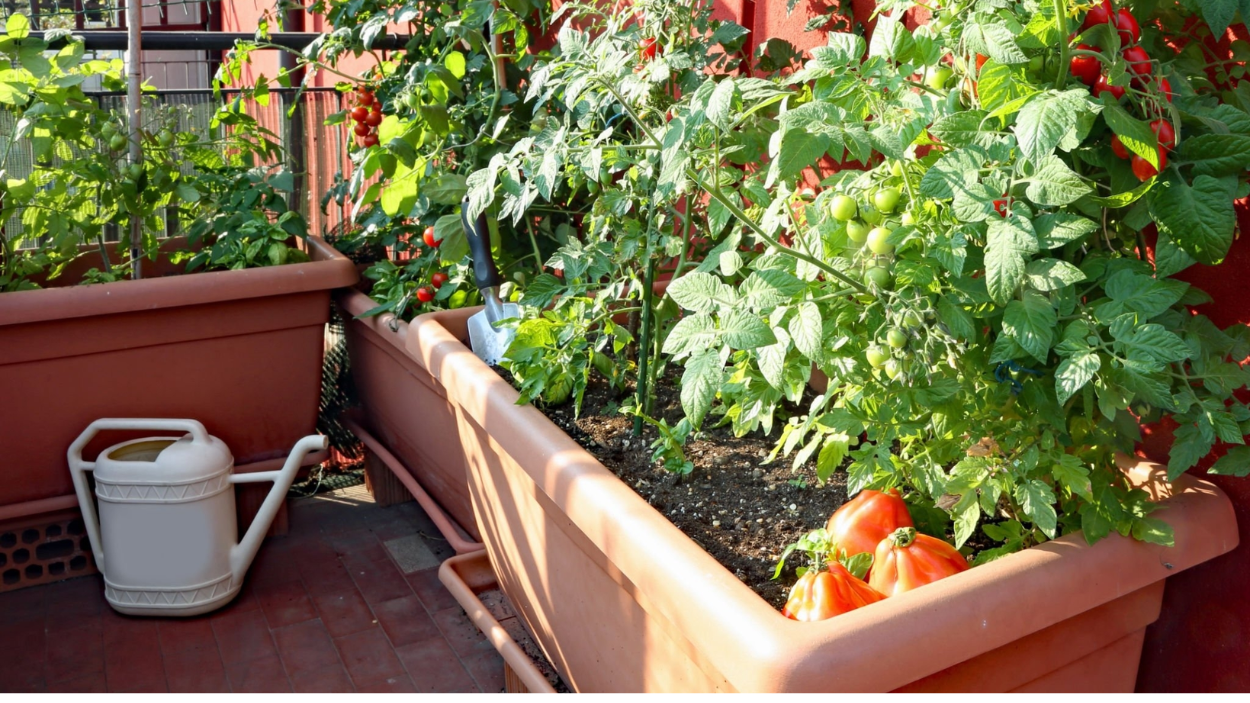Organic gardening promotes sustainable and eco-friendly plant cultivation, avoiding synthetic chemicals and prioritizing natural processes. It yields healthier and more nutritious produce while fostering a harmonious ecosystem. Key practices include building healthy soil, natural pest control, water conservation, biodiversity, and sustainable harvesting. By embracing organic gardening, individuals contribute to a greener future while enjoying the rewards of a thriving garden.
Soil Preparation
Soil preparation is a critical step in organic gardening. Start by assessing the quality of your soil and its nutrient content. Incorporate organic matter such as compost, well-rotted manure, or leaf mulch to improve soil fertility, structure, and moisture retention. These organic amendments enhance the soil's ability to hold nutrients and water, promoting healthy root development and overall plant growth. Consider conducting a soil test to determine specific nutrient deficiencies and adjust your organic amendments accordingly. Regularly adding organic matter to the soil helps replenish nutrients, supports beneficial microbial activity, and improves soil aeration, ensuring a thriving garden ecosystem.
Water Conservation
Water conservation is key to sustainable gardening practices. Organic gardeners can conserve water by implementing various strategies. Mulching the soil surface with organic materials, such as straw, wood chips, or shredded leaves, helps retain moisture and suppress weed growth. This reduces evaporation and conserves water, ensuring plants have access to adequate hydration. Another effective technique is drip irrigation or soaker hoses, which deliver water directly to the plant roots, minimizing water waste. Additionally, consider collecting rainwater in barrels or utilizing greywater from household sources as alternative water sources for your garden, reducing reliance on municipal water supplies.
Organic Fertilizers
Organic fertilizers play a crucial role in providing essential nutrients to plants while maintaining soil health. Options such as compost, well-rotted manure, and organic plant-based fertilizers offer a balanced and slow-release source of nutrients. Compost, in particular, enriches the soil with organic matter, improves its structure, and enhances microbial activity. Organic fertilizers also contribute to long-term soil fertility by promoting beneficial soil organisms that aid in nutrient cycling. When using organic fertilizers, it's important to follow application instructions and avoid over-fertilization, which can lead to nutrient imbalances or environmental runoff.
Seed Selection and Seeding
Selecting the right seeds and properly seeding them is crucial for successful organic gardening. Choose organic and heirloom seeds to preserve biodiversity and support sustainable agriculture. Heirloom varieties often possess unique flavors, textures, and adaptability. Before sowing seeds, prepare the soil by removing weeds and loosening the top layer. Follow seed packet instructions for proper seed depth and spacing to ensure adequate room for growth. Consider starting seeds indoors or using seedling trays before transplanting into the garden for a head start in cooler climates. Regularly monitor moisture levels and provide appropriate lighting conditions to promote strong seedling growth.
Natural Pest Control
Organic gardening emphasizes natural pest control methods to minimize damage to plants and maintain a balanced ecosystem. Companion planting is one effective technique, where certain plants are grown together to repel pests or attract beneficial insects. For example, marigolds can deter aphids, while basil can repel mosquitoes. Introduce beneficial insects like ladybugs, lacewings, or praying mantises, which feed on common garden pests. Physical barriers such as netting, row covers, or fences can also protect plants from larger pests like birds or rabbits. Regular monitoring and early intervention are essential to identify and address pest issues promptly using organic-approved pest control products or homemade remedies.
Disease Prevention
Preventing diseases is crucial in organic gardening, as chemical treatments are not utilized. Good cultivation practices, such as proper plant spacing, adequate airflow, and practicing crop rotation, can help prevent the spread of diseases. Crop rotation involves planting different plant families in different locations each season, reducing the risk of soil-borne diseases and pest buildup. Selecting disease-resistant varieties is also beneficial. When working in the garden, practice good sanitation by removing diseased plant material and disposing of it properly. Proper irrigation techniques, such as watering at the base of plants rather than overhead, can help prevent the spread of foliar diseases.
Weed Management
Weed management is a constant task in organic gardening. To control weeds naturally, start by removing existing weeds by hand or using a hoe, being careful not to disturb the soil too deeply. Applying mulch around plants helps smother weed growth by blocking sunlight and preventing weed seeds from germinating. Organic mulching materials, like straw or wood chips, not only suppress weeds but also enrich the soil as they break down over time. Regularly inspect your garden for weed growth and promptly remove any new weeds before they compete with your plants for nutrients, water, and sunlight.
Crop Rotation
Crop rotation is a fundamental practice in organic gardening that involves rotating plant families each season. This technique helps prevent soil depletion, inhibit the buildup of pests and diseases, and maintain overall soil fertility. By avoiding planting the same crops in the same location year after year, you break the life cycles of pests and diseases that may have developed in the soil. Rotating crops also helps balance nutrient requirements, as different plants have varying nutrient needs. Plan your crop rotation based on the plant families and the recommended intervals between planting the same crop in the same area.
Composting
Composting is an essential practice in organic gardening that recycles organic waste into a nutrient-rich soil amendment. Start by collecting kitchen scraps such as fruit and vegetable peels, coffee grounds, and eggshells. Combine these materials with yard waste such as leaves, grass clippings, and plant trimmings. Layer these organic materials in a compost bin or pile, ensuring a balance of carbon-rich (brown) and nitrogen-rich (green) components. Regularly turn the compost pile to aerate it and promote decomposition. Over time, the organic materials break down into nutrient-dense compost that can be added to the garden beds to improve soil fertility and structure.




